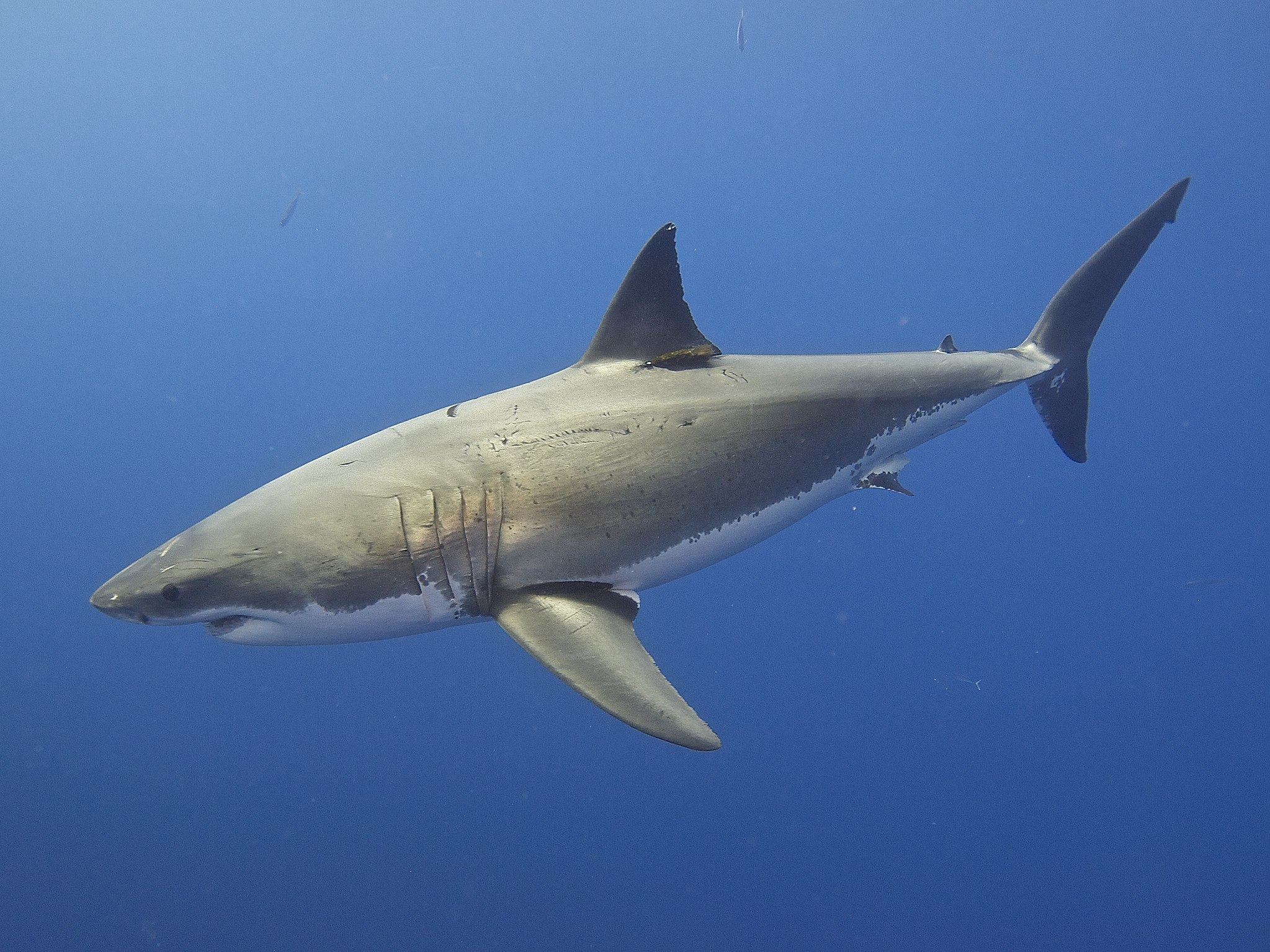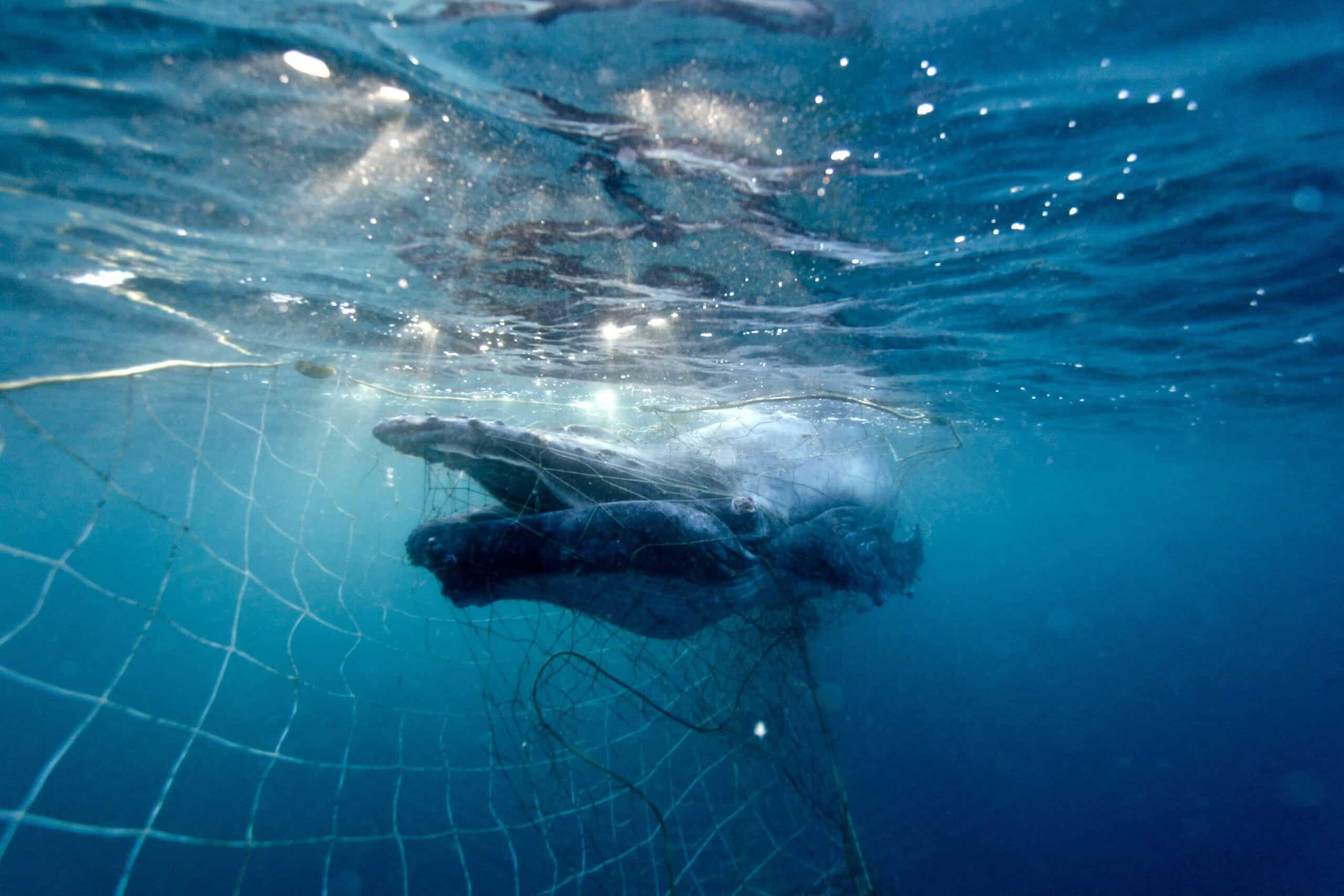Research shows that Australia’s great white sharks are highly related to each other and may consist of fewer than 500 breeding animals. SYDNEY, 24 June 2025: Latest research has found Australia’s great white shark population is much smaller than expected, increasing their vulnerability to further population threats. The population...
Today New South Wales Minister for Agriculture, Dugald Saunders, promoted an $85 million investment in shark bite risk mitigation methods over the next four years. As a result NSW will see additional instalments of SMART drumlines, more drone surveillance, listening stations, and tags for when large sharks are caught on the SMART drumlines.
The Minister says this shark bite risk mitigation funding boost will make NSW a world leader in non-lethal strategies to reduce the risk of shark bite, yet the announcement confirms the state will still continue to use archaic, destructive and ineffective shark nets. Shark nets, which are used to cull sharks and not a complete barrier, are responsible for the capture and death of hundreds of marine animals each year.
Marine biologist for Humane Society International, Lawrence Chlebeck, said, “NSW has rightly placed its faith in new, more effective methods to reduce the risk of shark bite, but they must let go of the destructive methods of the past.
“Shark nets at ocean beaches kill harmless marine wildlife to the tune of hundreds of sharks, rays, turtles and dolphins each year. Last year a turtle was killed every 20 days, and a dolphin killed every 40 during the shark net season.
“HSI is a strong supporter of non-lethal high tech strategies to mitigate the risk of shark bite and is a proponent of the state’s drone surveillance program. We are very pleased to see the NSW government announcing new investment to research long range drones.
“Whereas, smart drumlines are only a step in the right direction if they are replacing destructive shark nets. Smart drumlines deployed in addition to lethal shark nets are only adding to the overall impact on marine wildlife.
“The Minister has committed to annual surveys of public attitudes to shark risk mitigation. The NSW public and local governments have already given their verdict. The NSW government’s high tech strategies are well supported and everyone wants the nets used to cull sharks removed.”


